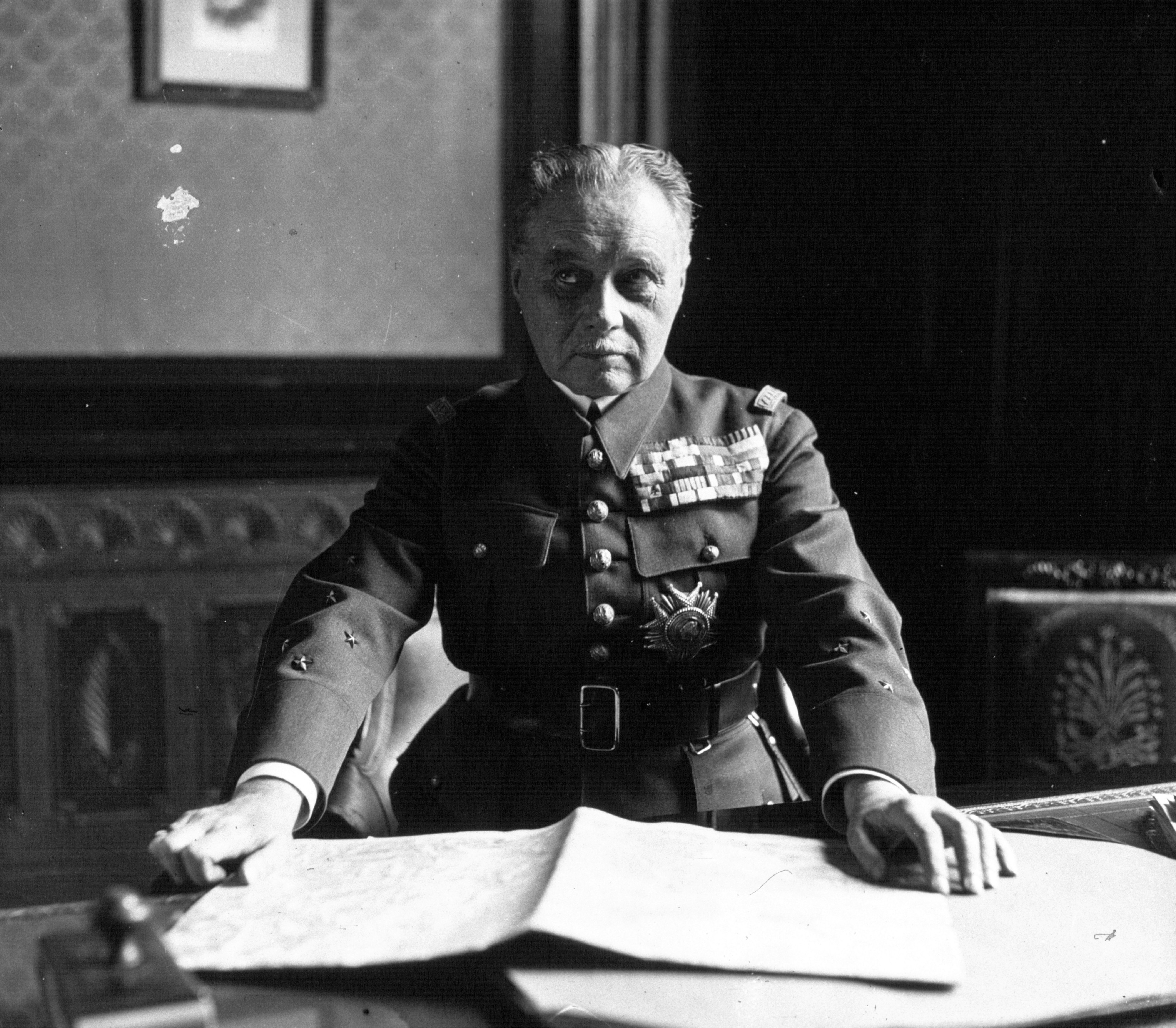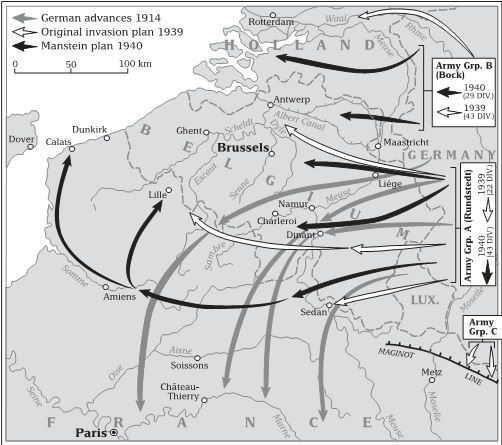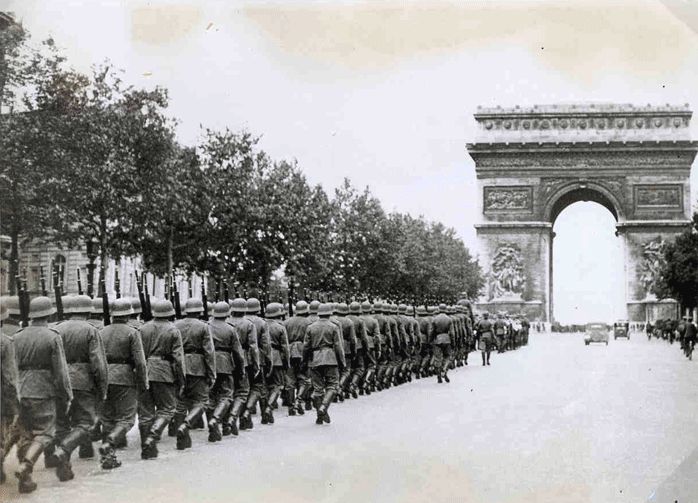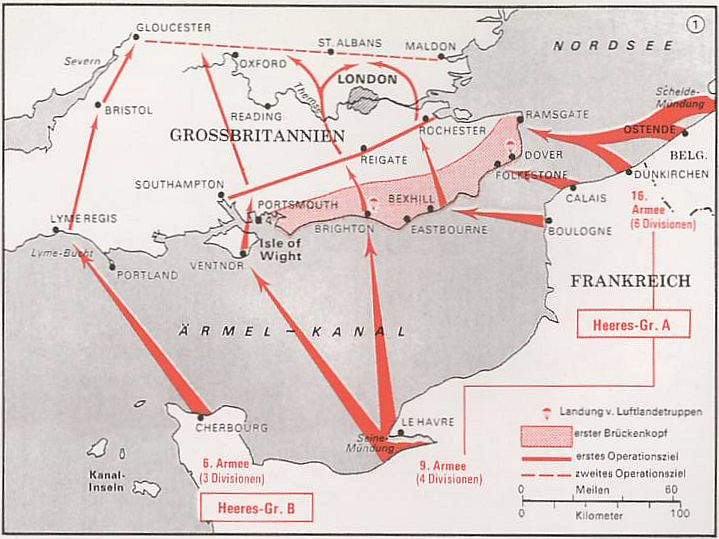So democratic Germany takes the same route as fascist Germany. I am disappoint. I hoped for a democratic crusade against Communism. With Germany, as the ones bearing the brunt of the fight, also getting some serious influence in the liberated territories.
I hoped for a democratic crusade against Communism. With Germany, as the ones bearing the brunt of the fight, also getting some serious influence in the liberated territories.
Weimar´s Legacy: A Democratic Germany AAR
- Thread starter nachopontmercy
- Start date
-
We have updated our Community Code of Conduct. Please read through the new rules for the forum that are an integral part of Paradox Interactive’s User Agreement.
You are using an out of date browser. It may not display this or other websites correctly.
You should upgrade or use an alternative browser.
You should upgrade or use an alternative browser.
So democratic Germany takes the same route as fascist Germany. I am disappoint.I hoped for a democratic crusade against Communism. With Germany, as the ones bearing the brunt of the fight, also getting some serious influence in the liberated territories.

Well, I would have done that, but the British just wanted us to do the dirty job against the Russians without even returning our rightful territories. Germany is not some sort of FrancoBrisith maid, and we will prove that.
With the Japanese war-trick and the war strategy so far it does look a lot like your standard Germany run. Except that it's 2 years behind schedule.
With the Japanese war-trick and the war strategy so far it does look a lot like your standard Germany run. Except that it's 2 years behind schedule.
Well, I really tried to keep Czechoslovakia as an ally and not an annexed state, not to speak the lack of political murders and antisemitic laws Germany has not conducted. And all in all, this is a wargame,so...
Last edited:
maybe you can update the ARR in Spanish
Yes, Ive got it in the list of "to do" things, but it consumes more time than I thought!
Chapter XVII: Fall Gelb
Many French newspapers were pleased with the capture of Freiburg, and some journalists even ventured to ensure that the war would be quick and clean, and that this time the French Army would even arrive victorious to Berlin in just a few months time. Nothing was further from reality. Recklessly, the French had stored most of its army on the border with Germany, barely leaving any reserves in their own mainland that could be quickly repositioned if necessary. Despite repeated protests from some talented young officers, the French Generalship was anchored in the Great War conceptions, and thought that another war of attrition was possible.

Maurice Gamelin, leader of the French Army who failed to understand modern warfare
OKH knew that, and had planned several alternatives to beat the old enemy. Some generals chose to invade Italy and to surprise the French from the south, but the crossing of the Alps would be extremely difficult and costly, while others sennoir officers argued that a landing on the coast of Brittany would be appropriate even though the Reichsmarine understood that it was impossible to compete with the large Anglo-American surface fleet. It would be a young General, Erich von Manstein, who would design the final plan against the French. Inspired by Guderian´s theories, Manstein promoted an attack through Belgium and Holland, with which in a few days the motorized and armored divisions would have overrun the fragile Belgian defenses and surrounded the outdated French Army.

Final version of the Manstein Plan
The main problem was that, due to the air superiority that the Americans were enjoying, German forces could be severely damaged if the allies launched a coordinated bombing campaign against the Axis forces. Most German aircraft were in a period of repair, and there were hardly enough airplanes to defend the German cities from the relentless American bombing campaign. Faced with this problem, von Manstein found a solution that many described as mad alternative: to attack in in winter, when the dire visibility conditions would impede the Allied aircraft from bombing the advancing Wehrmacht.

Unfortunately, Allied airplanes enjoyed an almost total supperiority
Although some considered such idea as the "prelude to a Panzers graveyard", OKH finally approved the Manstein plan, and after redeploying the mobile divisones that had been used in the eastern campaign, the final attack on the French rear was ready. In November 20th, Germany sent an ultimatum to the Netherlands, Belgium and Luxembourg requesting the devolution territories claimed for so long and asking for air military access through their territory. After the refusal of the German conditions, Germany declared war on the Benelux countries, and the troops stationed in the border received their first orders.

Troops receive orders to be ready to advance into Belgian lands
At the same time, the Soviet Union contacted Finland and asked for the return of the territories of Karelia and Murmansk, and after the Finnish refusal the red giant declared war on their northernmost neighbours. The Scandinavians had pinned all their hopes on the talents of Marshal Mannerheim and their defensive network, but in a few weeks the Soviet Union would sweep the Finnish army reached the gates of Helsinki, where the local government signed a peace agreement in which the Soviets were just requested the territories demmanden in the recent ultimatum. Far to the east, a German staged coup triumphed in Iraq, and the new government broke ties with the UK and became part of the Axis.

Territory ceded by Finland after the Winter War
In the west, the surprised Belgian troops could not stop the German overwhelming attack, and in just four days the motorized units of the Wehrmacht reached Nimejen. The OKH was joyful when news arrived that about 14 French divisions had recently been relocated by train and were now inside the Dutch pocket, and while the infantry was tasked to capture Amsterdam and to anihilate the encircled divisions, the attacking spearhead seized Brussels and entered French territory. In late November, the Dutch and Belgians capitulated, and their governments retreated to their colonial possessions waiting for a final peace treaty with Germany.


In just a few weeks, the French Army started to crumble
When barely two weeks of the invasion had passed General Rommel and his VI Panzer Division, triumphantly entered Paris and took control of the city. Without pause, the General continued the advance through French territory to Lyon, while Manstein headed for Normandy and Guderian moved his tanks to Bordeaux. For its part, Von Bock´s Headquarters took control of the French capital and marched triumphantly under the Arc de Triomphe while the rest of the infantry cleared any French resistance around Paris.

Wehrmacht troops parading in Paris
It was clear: the French army had been defeated, and it was not unusual to see advancing tanks meeting huge columns of retreating soldiers that surrendered without firing a single shot. In just two weeks, the Wehrmacht would capture more than 40 French divisions, and the French government took refuge in the city of Vichy as the Maginot line troops vainly attempted to break the pocket where they were locked up. However, any French resistance would cease on December 28th, when the French government called for a ceasefire and asked for a negotiation of an armistice between the two countries.

The defeated French begged for an armistice
After a series of negotiations in Rethondes, Germany demanded, on the one hand, the return of territories seized by the Treaty of Versailles, and also the control of the north of France "as a preventive and temporary measure until the end of all hostilities with the Allies was achieved". Seeing his army defeated, the French Prime Minister signed the Armistice, and ended the continental conflict after the overwhelming German victory. Such a treaty would sow discord and resentment within France, and Marshal Petain staged a coup and formed a military junta, which declared a state of emergency after the assassination of Admiral Darlan by a group of anarchists.

Petain´s cabinet before the murder of Darlan
Once peace with France was achieved, Chancellor Vogel made contact with his British counterpart to negotiate a peace between the two alliances. The German proposal was generous: the Reich would return to France all northern territories and would also restore the governments of Holland and Belgium, and would not ask for war reparations to any of the defeated countries. Much of the British cabinet expressed that such a peace agreement was possible, but not its Prime Minister Winston Churchill, who had taken this war as a personal matter and would not abandon in his foolish promise to "fight on the beaches, fight on the landing grounds, fight in the fields and in the streets, and never surrender". Despite the U.S. complaints, the United Kingdom rejected the German peace proposal and condemned Europe to a new war, and many felt that Churchill stubborness would condemn millions to die.

So be it...
However, winter came and with it some of the troops returned home, where several military parades where being organized. With the perspective of a long war ahead, the german Government prepared a new industrial plan to increase the Luftwaffe effectives, grant some order to the controlled territories with some specialized garrisons, improve the Navy and its amphibious capacities and finally, advance with the reactor project in Munich that looked so promising. A New World was being born, and Germany lead it.

New airplanes were being built with the new Assembly Line technique
So the Frenchies turned Fascist... I can see them teaming up with the dastardly also-fascist Italians, trying to backstab you. An opportunity to free South Tirol from the Italian yoke! Also, try sponsoring a democratic coup in Hungary, they are needed to stand against the Soviets when the time comes.
If Germany wants to re(t/g)ain its image as defender of democracy, it'll certainly require you to bring down the jackboot of liberty, democracy and peace upon the French, the Italians and quite a few other places.
Later, that is. There are bigger threats at the moment.
Later, that is. There are bigger threats at the moment.
So the Frenchies turned Fascist... I can see them teaming up with the dastardly also-fascist Italians, trying to backstab you. An opportunity to free South Tirol from the Italian yoke! Also, try sponsoring a democratic coup in Hungary, they are needed to stand against the Soviets when the time comes.
I will keep an eye on those two, but I seriously doubt Italy would be a threat. Mind that they are still at war with Ethiopia,so...And about Hungary and the rest of Eastern fascist/authoritarian powers (Yugoslavia, Bulgaria, Greece) a coup is not an option right now due to my very limited money avaliability. But all will come in time.
If Germany wants to re(t/g)ain its image as defender of democracy, it'll certainly require you to bring down the jackboot of liberty, democracy and peace upon the French, the Italians and quite a few other places.
Later, that is. There are bigger threats at the moment.
I agree with you, and I even considered liberating Italy right now before any attempt against the UK. But as you say, all the resources need to be focused in the upcoming Sealion...if I manage to do that!
Chapter XVIII: "Une Europe Allemande"
Even though the war in continental Europe ended with the French surrender and the country needed to start planning how to beat the stubborn Britons, the German Government should also take care of restoring peace and order in all the German controlled territories. The first decision of Chancellor Vogel was to meet again with representatives of the Slovak National Assembly, who clamored for decades to be given some degree of autonomy within the Czechoslovak state. Such demands would never be met by the government in Prague, thus creating a rift between the two main nationalities of the former Czechoslovak Republic, now under German control. After verifying the legitimacy of their demands and the clear desire of the Slovaks to remain in the German sphere of influence, in early 1943 the Wehrmacht withdrew from Bratislava and the Slovak parliament unanimously declared its independence and appointed Jan Srobar Babro as President of the Slovak Republic.

The new Slovak Republic
However, it was still necessary to decide how Germany would control the territories currently controlled by the Wehrmacht after the victorious campaign of 1942. Within days of the signing of the Rethondes Armistice, Foreign Minister Crispien contacted the exiled governments of Belgium and the Netherlands, offering them the return of their territories and complete independence except in foreign policy, which would be controlled by Germany until the end of war. Surprisingly, both governments would reject the German offer and decided to stay in the British alliance, and both territories were integrated into the Reich and placed under the supervision of a German Civil Governor. For its part, the territory of Luxembourg became once again a part of Germany, while in France the occupied territories remained under military control to prevent any allied invasion.

German controlled territories in France, Belgium and Holland
A very different solution would be adopted in the Czech Republic, where the military occupation continued since the recent military victory. The German people did forgot the Czech betrayal, and in response the territory of the former Republic was definitely incorporated to Germany and administrated by a Civil Governor. Meanwhile, discussions with various Polish representatives failed when they continued to insist on the need to recover their lands unjustly gained after the Great War, and the German-controlled Polish zone was also formally integrated in Germany. To avoid foreseeable terrorist acts against the new administrations, different garrisons would be sent to the area with the task of maintaining order.

A German garrison before being deployed in the vicinities of Warsaw
For its part, the United States and Britain signed the "Destroyers for Bases Agreement", according to which the United States transferred 50 destroyers to the Royal Navy in exchange for the naval bases in Bermuda, St.Lucia, Jamaica, Trinidad, Antigua and Georgetown. The agreement made clear that the British leadership within the allies gradually faded, but at the same time alerted the OKH that the American will to continue the war had not diminished. All hope of an early peace disappeared, and Germany would be forced to continue the war effort.

Some of the American destroyers that the Royal Navy recently received
If Germany intended to defeat the British Empire, it was necessary to achieve superiority in at least two of the three military branches: Land, Air and Sea. The superiority of the ground forces was ensured with France out of the war, since not even the combined forces of United States and England reached the total number of German divisions. Not to mention the fact that much of the Wehrmacht was fully modernized, with a division of paratroopers ready at Cherbourg, three divisions specialized in amphibious operations, and advanced weapons and equipment distributed among the majority of the troops. When the time came, the Heer would respond.

A German soldier showing to its officer the new MG-42 machine gun
Another issue was the air and naval aspect of the Wehrmacht. While the Reichsmarine had undertaken an extensive effort in submarine warfare, it would be difficult to maintain a prolonged campaign against the Royal Navy and its American allies, and even though it was planned to build new U-boats Admiral Mootz warned that any kind of operation against the UK should be fast and surprising in order to succeed. Meanwhile, the Luftwaffe had a good number of airships, but they were clearly insufficient to support both a bombing campaign against the Perfidious Albion and to defend the German cities from the strategic mayhem the Americans wanted to conduct. In addition, some of the air squadrons were outdated, and only a few lucky pilots had received the new models of interceptors designed by Focke-Wulf.

The new Focke-Wulf 190 was still to be distributed amongst the different Luftwaffe squadrons
Part of the problem was solved with the consolidation of several air squadrons into fewer but larger ones that could deal with the American bombers, that were currently triyng without much success to dismantle the industrial cities all along the Rhine. Once promoted, the Lieutenant Generals Milch, Lörzer and Van Greim began patrolling the skies with their new formations, and the results would not disappoint the leaders of the Luftwaffe: in a few days, Luftwaffe planes knocked down hundreds of American, Canadian and British bombers and fighters, and the Allies had to cancel many of its bombing campaigns. Some cities would continue to be sporadically bombed and the Allies were still able to achieve some aerial victories, but the situation began to be gradually controlled by Germany.


Finally, the Axis cities would be freed from bombings
Similarly, almost all of the technological development -which had already advanced to its maximum regarding the Army- would focus on improving the Luftwaffe, and while new aircraft and anti-aircraft guns were being investigated Hugo Sperrle tried to adapt the most advanced combat techniques. For its part, the Abwehr would soon receive a new version of the Enigma machine, and Albert Einstein progressed without pause in the secret Uranverein project. The first fully operational prototype of a nuclear reactor was about to be installed, and the great scientist said that it may have military application in a few years.

The reactor prototype
Finally, the chancellor convened most senior generals to a secret meeting in Potsdam, in which they would discuss the various plans to defeat the enemy across the channel. According to the OKH, such plan would require a maritime landing coordinated with the actions of the Fallschirmjäger, surprising the enemy and forcing him to defend two fronts at the same time. However, any operation should be posponed until winter ended, and the operation "Unternehmen Hengist" was still a distant project.

One of the earlier versions of Unternehmen Hengist
nice, you should dig an underground tunnel to get to Britain
I second this.
What's with parts of Slovakia being occupied by Romania? You should make them return it. Also, go get the British! A harsh bombing campaign should take care of their navy, air power beats sea power.
nice, you should dig an underground tunnel to get to Britain
I second this.
Hehe, tell me how!
What's with parts of Slovakia being occupied by Romania? You should make them return it. Also, go get the British! A harsh bombing campaign should take care of their navy, air power beats sea power.
Since I don´t have any claims there, I cannot demand those provinces from Romania, and I don´t wanna use the console even if it is for a "legitimate" trick like this one. Also, Romania has been our buddy all this time and deserves a little compensation.
Since I don´t have any claims there, I cannot demand those provinces from Romania, and I don´t wanna use the console even if it is for a "legitimate" trick like this one. Also, Romania has been our buddy all this time and deserves a little compensation.
You could right click and place a claim on the provinces. Since they shouldn't have cores there, in time they might offer them to you and you could give them to Slovakia.


